Hidden eco warriors
Academics who research and teach accounting are quietly championing environmental efforts.
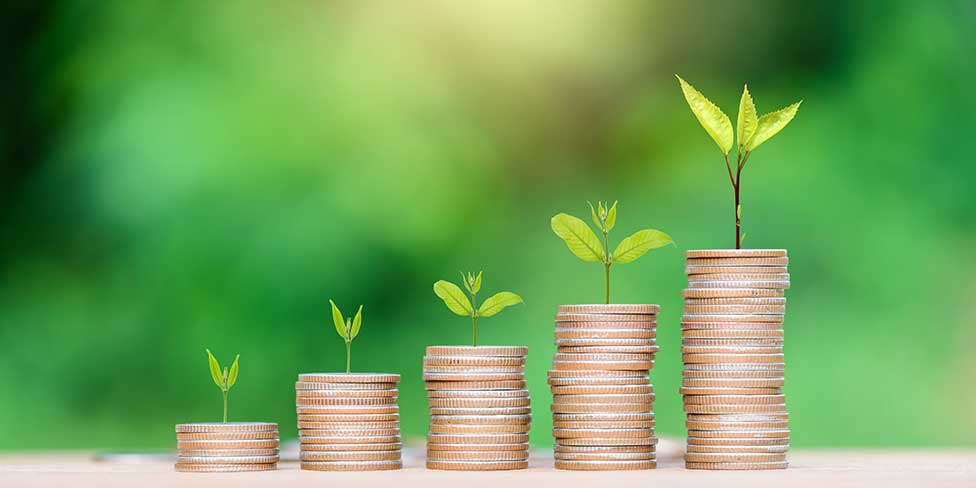
For the past few years, Diane-Laure Arjaliès, associate professor of accounting at the Ivey School of Business at Western University, has been collecting ideas about land preservation from conservation groups, biologists, corporations, land trusts and Indigenous groups in southwestern Ontario.
Through these collaborations, she helped create the Deshkan Ziibi Conservation Impact Bond. (Deshkan Ziibi is the Anishinaabemowin name for the Thames River in southwestern Ontario.) This bond allows for investment in projects that protect and enhance 69 hectares of land near Lake Erie. Since 2019 it has funded 53 healthy landscape projects that include restoring wetlands and grasslands. In time, similar bonds will collectively cover 400 hectares between Windsor and Toronto, an area that has been called the most environmentally imperiled region in Canada.
“We’re not going to have a climate transition without a just transition,” says Dr. Arjaliès, who incorporates community engagement into her research and calls out the colonial assumptions behind what people in her profession measure.
Yes, Dr. Arjaliès is an accounting academic. And she’s not the only one doing the kind of work that goes way past numbers.
“I’m an accountant. I’m a CPA. And I strongly believe that accountants have the potential to save the world,” says Charles Cho, professor of sustainability accounting at the Schulich School of Business at York University – he’s only half kidding. “People think we’re only good with debits and credits, but the profession is changing and needs to change.”
“I’m an accountant. I’m a CPA. And I strongly believe that accountants have the potential to save the world.”
Academics in this ever-broadening profession include those who practice green/environmental/sustainability accounting. They may not look like climate change heroes, with their spreadsheets, valuations, accounting standards and frequent use of terms such as environmental, social and corporate governance (ESG). But they ferret out greenwashing – companies overselling or even lying about their environmental efforts – influence legislation and inspire students, often under the radar.
Their insights have sway. “What I tell my students is, we are the quiet powerhouses in corporations. When a company makes a decision, they’re often using accounting information to justify that decision,” says Leanne Keddie, assistant professor of accounting at Carleton University. “We can help protect society and the environment.” Businesses look to accounting professors for guidance, and as professors they’re influencing the next generation of chartered professional accountants (CPAs). So when these academics “go green”, things start changing.
Origins of green accounting
Green accounting has a long history, but some consider its formal birthplace to be the Centre for Social and Environmental Accounting Research at the University of St. Andrews in Scotland, which was founded in 1991. Impact reporting, which sees companies tally the good they do, also has a decades-old history, with one global standard being around since 1999. In recent years, as climate change has accelerated, companies have faced pressure to report on their ESG activities and governments have ramped up their expectations around environmental behaviour and disclosures, it’s become something of a subspeciality for accounting researchers.
David Cooper, professor emeritus of accounting at the University of Alberta, was one of the early Canadians involved in this work. “I’ve always been a critical researcher,” he says. While living in his native U.K., he learned about environmental accounting research after he publicly questioned the books of mining companies during a strike in the 1980’s. He then moved to Canada and continued to take regulators, corporations and professional firms to task. That led him to start scrutinizing the oil and gas industry about six years ago. Now, he works with the Alberta Liabilities Disclosure Project, which urges the provincial government to collect and disclose information about oil and gas liabilities. He’s also consulted with the Bank of Canada on how to better record environmental risks on its overall assessment of the economy.
Samir Trabelsi, professor of accounting and governance at Brock University, did his training in Tunisia, a nation that values environmental stewardship. He researches transparency and governance and realized a few years ago that these factors connect with sustainability, often via less-than-honest reporting. “If you have good accounting standards, if you have good investor protection and a culture of stakeholder engagement, environmentally friendly policies and good conditions for workers, you’re going to curb greenwashing.” Without rules, companies can make sweeping statements about their stewardship activities, but never have to back them up with metrics.
Others have come to this work via their growing awareness of how corporate activities impact vulnerable groups and that what companies count is interconnected to people and places. “We cannot separate the climate discussion and the social justice discussion,” says Dr. Arjaliès.
Meanwhile, many have become passionate about sustainable accounting because the math is clear. “We need to raise awareness that climate change has strong financial implications,” says Dr. Cho. Stranded fossil fuel assets, legal actions, water shortage and shifting consumer demands all affect profitability.

The confusing array of new standards being developed in Canada and around the world related to sustainability and risk management, auditing, public markets and beyond give academics a lot to look into.
As of this past January, companies in Canada have voluntary frameworks under which to report financial information related to sustainability and climate change. The IFRS S1 General Requirements for Disclosure of Sustainability-related Financial Information and IFRS S2 Climate-related Disclosures (IFRS stands for the International Financial Reporting Standards Foundation) may become mandatory in time, particularly for publicly traded companies.
Dr. Cooper led the writing of letters and papers voicing concerns that these voluntary regulations follow the approach taken in U.S., which prioritize shareholders, and do not take into account a wider, stakeholder lens. They advocate for looking to Europe, where sustainability reporting has been mandatory since January 2024 and encompasses human rights, diversity, social issues and broader environmental impact.
“Mainstream accountants take a financial focus and financial implications. But we look at accounting as an accountability measure. Companies should respond to society and stakeholders beyond investors,” says Walid Ben Amar, professor of accounting at the Telfer School of Management at the University of Ottawa. He researches sustainability practices in accounting and thinks Canada should take the same tack as Europe.
Some who embrace the idea of stakeholder importance go further and question what accountants count in the first place. “There needs to be an understanding that there are different capitals, and the value that they are creating is a different kind of value,” says Daniela Senkl, assistant professor of accounting at the University of Guelph. Trees, a piece of land with community significance and labour practices could be tallied up financially – a stream can be quantified to offer $1 million in flood control, for instance – but also in other ways, depending on perspectives.
Dr. Trabelsi expects the scope of what accountants measure, and what regulations require, will evolve. “Shareholder value is vital for a company’s survival. But true value creation depends on considering the interests of all stakeholders,” he says. He thinks the best way forward is to dispense of the alphabet soup of disclosure rules in favour of simpler standards across the globe. “We want to be able to compare apples to apples,” he says.
Green accounting lingo
What hasn’t changed about accounting? Its own language. Here are some definitions:
- Chartered professional accountant (CPA): The designation of an accounting professional in Canada
- Corporate social responsibility (CSR): A framework for reporting on how a company does good
- Environmental, social and corporate governance (ESG): A framework for reporting on environmental activities and more (similar to CSR but more broad)
- International Financial Reporting Standards Foundation (IFRS): A global body for accounting standards that offer sustainability rules
- Impact reporting: Reporting on how a company benefits others
- Greenwashing: Exaggerating or lying about environmental activities
- Social washing: Exaggerating or lying about activities with social impact
Since green accounting standards continue to be all over the place and even voluntary in most jurisdictions, companies do what they like. “It’s often not audited, so nobody’s double checking,” says Dr. Keddie. To enable auditing, we need more universal rules and auditing standards, which are in development in Canada.
That’s fodder for Dr. Amar, who looks critically at glossy annual reports that feature pictures of children of colour in front of lush fields and wind turbines. “We analyze them front to back to see how they have done in real performance and action compared to what they say. Sadly, we find that a lot of times it’s BS, completely overexaggerating the positive stuff they’ve done.” His 2022 study found a relationship between companies who commit more to corporate social responsibility (CSR) and better transparency in their reporting.
In his research, Dr. Trabelsi analyzed 700 companies in 42 countries and found many of them made misleading claims about their environmental performance. “It’s a question of substantive versus symbolic disclosure,” he says, noting that companies might report on some of the positive things they’re doing while skipping the bad. Next, as a follow up, he’s looking into social washing – overhyping activities related to social good. “Companies may give us the perception that they’re doing great with social responsibility. But when it comes to substantive practice, they’re all talk.”
This kind of misleading business reporting happens everywhere. For instance, in Ghana, a gold mine spilled cyanide, denied it had done so, then built a school, naming it after one of its executives and including the giving back part of the story in its reports.
It’s not entirely the fault of companies themselves, and many would do better with support, says Luania Gomez Gutierrez, an accounting science professor at Université du Québec à Montréal. “We have proved that disclosure is important. It creates better performance and better governance,” she says. However, her research using large datasets shows that companies measure entirely different things.
“We cannot separate the climate discussion and the social justice discussion.”
Meanwhile, students on Canadian campuses eagerly enrol in undergraduate and graduate sustainability classes. “They’re craving this material. They know this is important and they want to hear more about it,” says Dr. Senkl. The same is happening at UQAM, says Dr. Gomez Gutierrez. “They really love these kinds of classes. It’s something new.”
Dr. Keddie helped advocate for ESG to be mentioned in the 2022 competency map for the certified chartered professional accountant (CPA) designation in Canada, which universities must follow, as accounting students work on their certification during their degrees. However, Dr. Arjaliès worries Canada is lagging overall in sustainable accounting. Plus, changing regulations and a lack of wise practices means there’s no consensus on what to teach. “We’re losing ground. We want our students to be equipped,” she says.
In future, these popular, one-off courses (on subject matter like sustainability science or the Anthropocene) could be incorporated into the regular curriculum. “We need to instill all these aspects of responsible management practices in all our undergraduate and gradate degrees,” says Dr. Cho. As well, Dr. Trabelsi hopes teaching and research will lose the silos and accounting more broadly will tabulate businesses’ broad impact on the environment and society. “People say that this is their area. It’s everybody’s area.”
The same must happen in business. “If you want to be successful, you have to embed it in your business model, in your strategy,” says Dr. Trabelsi. Dr. Gomez Gutierrez has seen this happen: one Quebec corporation routinely topped sustainable companies lists, but when the executive championing green efforts left, the company no longer ranked.
And while she finds business leaders eager to hear her and her colleagues’ research on this and other topics, others worry that accounting academics don’t link up enough with industry and government, much less work closely with other fields such as environmental science, health and social sciences that could aid in the sustainability research.
Herein may lie the future of accountants – in business and in academia – and their potential to be not just environmental heroes, but a more pivotal player in the future of a well-rounded, aware business ecosystem. “A significant obstacle is a deeply ingrained perception of accounting, that it’s hugely concerned with financial metrics,” says Dr. Trabelsi. “We need to overcome this view and demonstrate the professional’s potential in tackling environmental and social issues.”




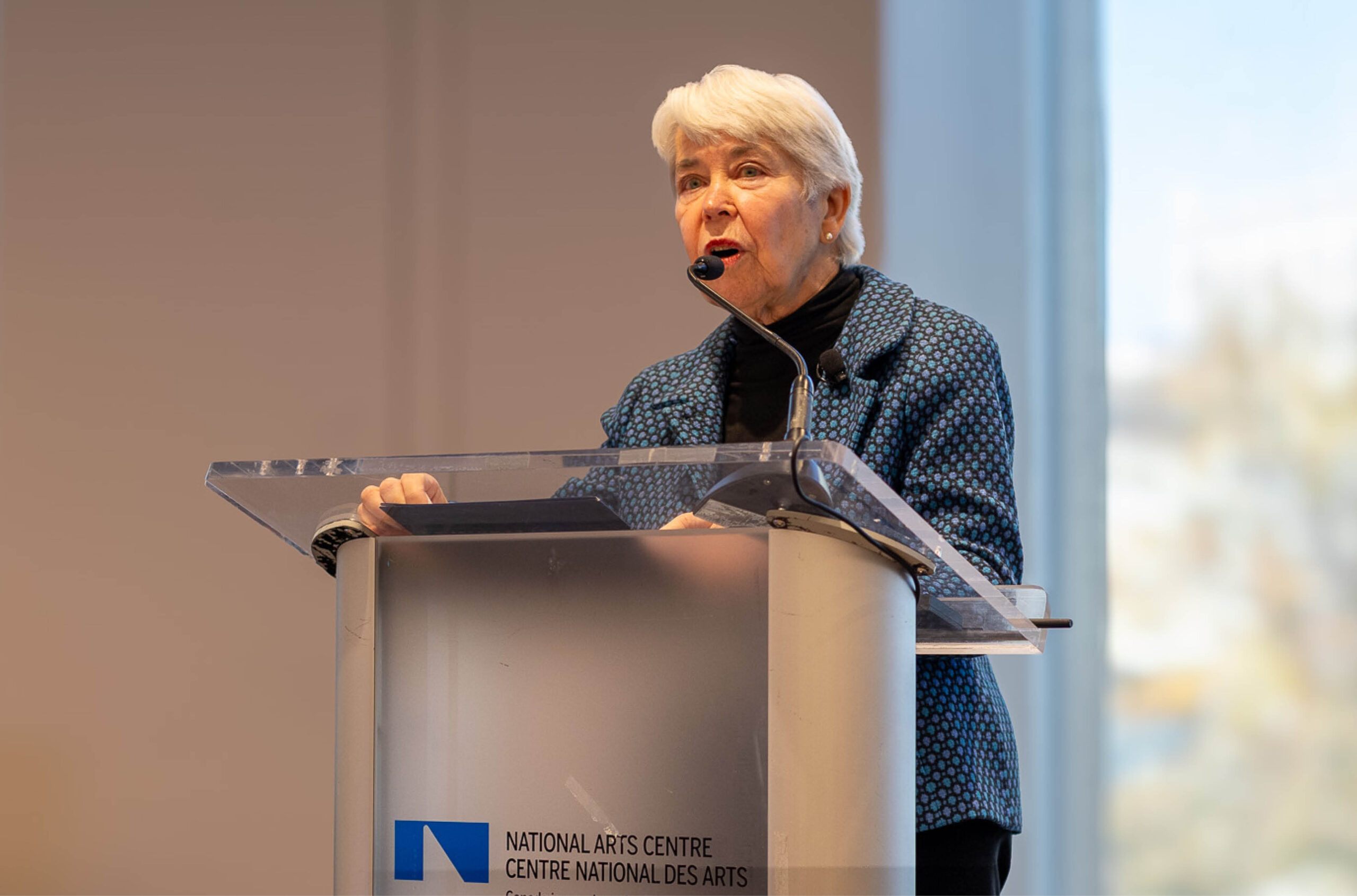
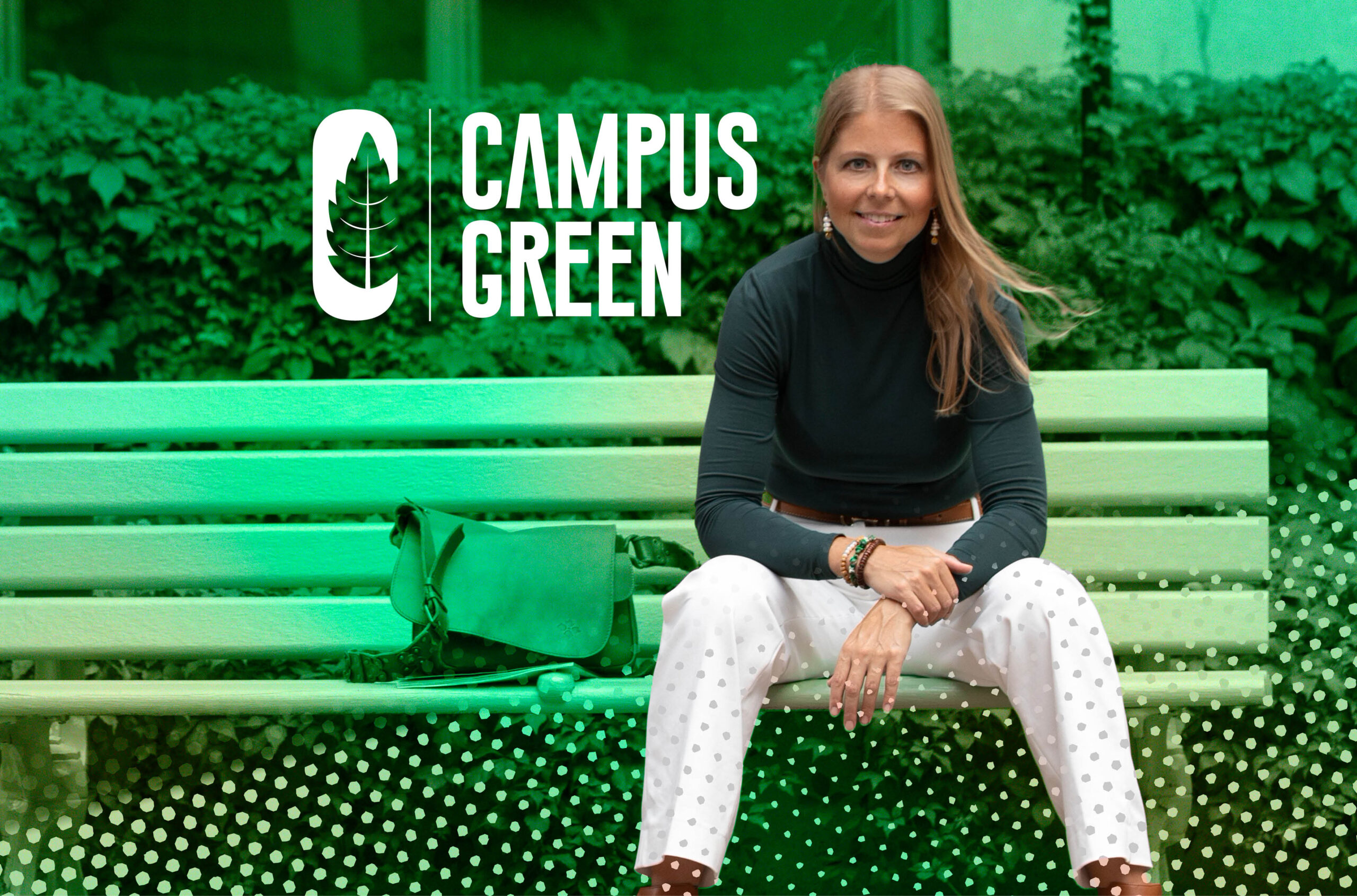
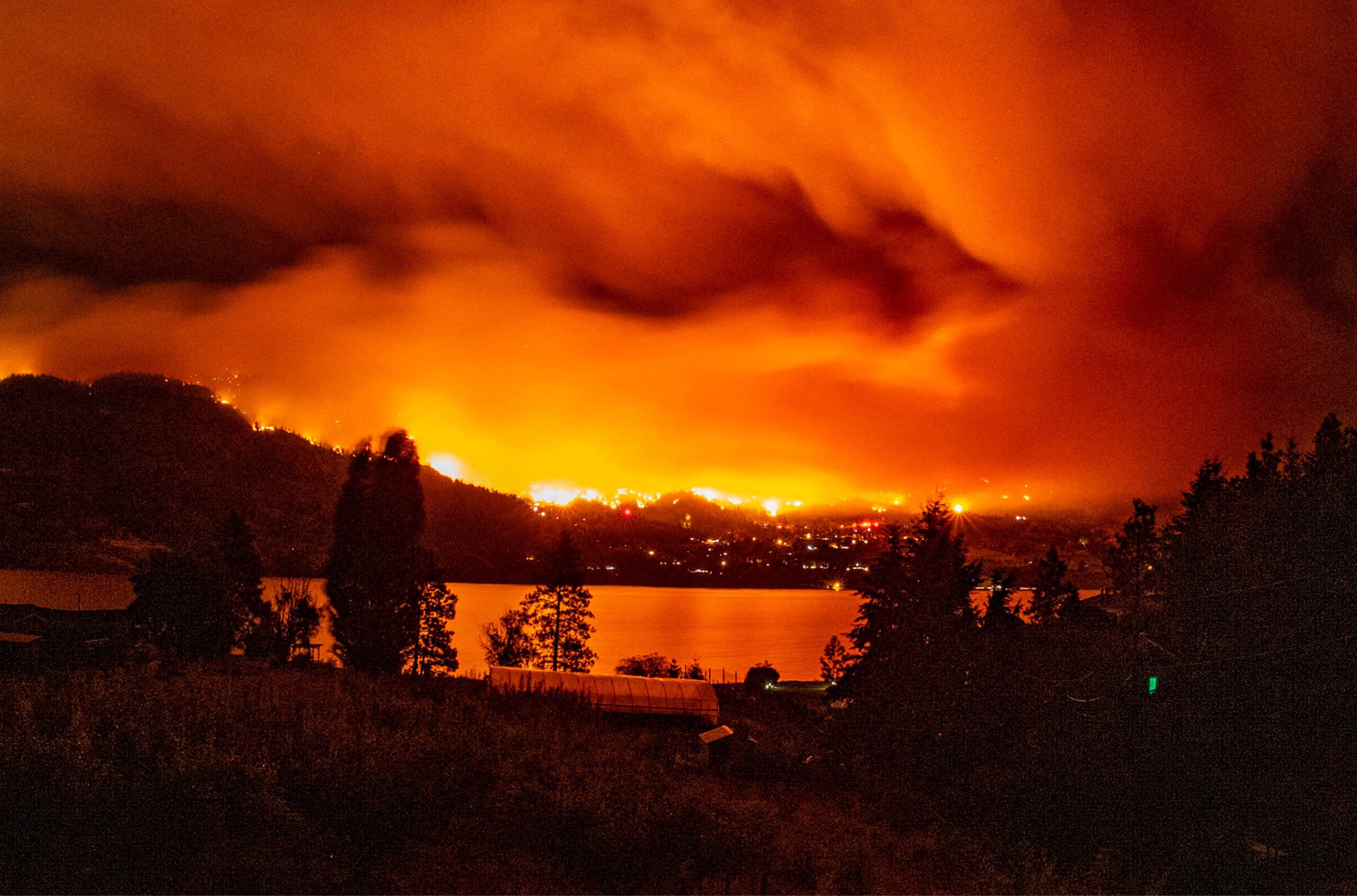


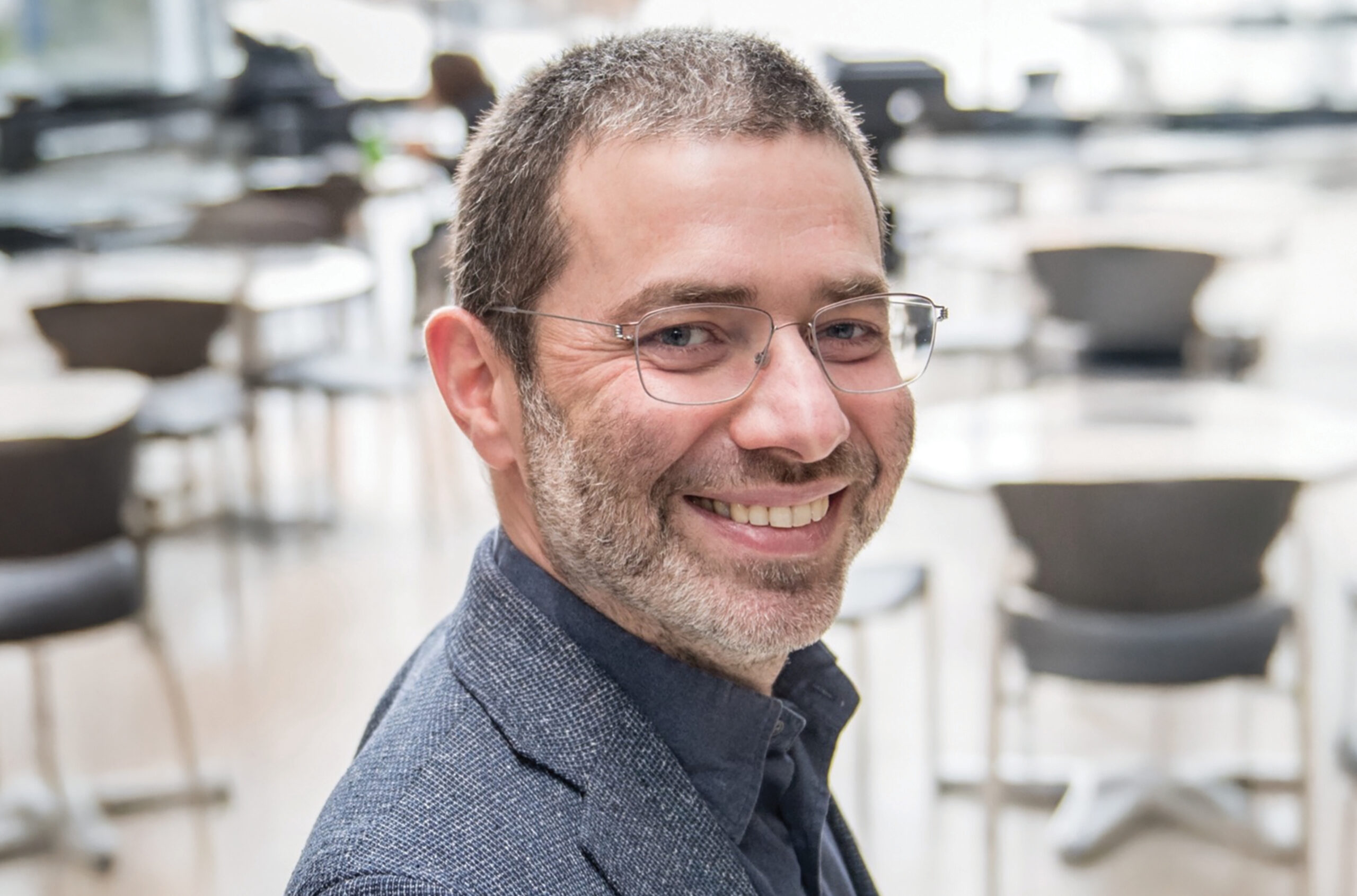


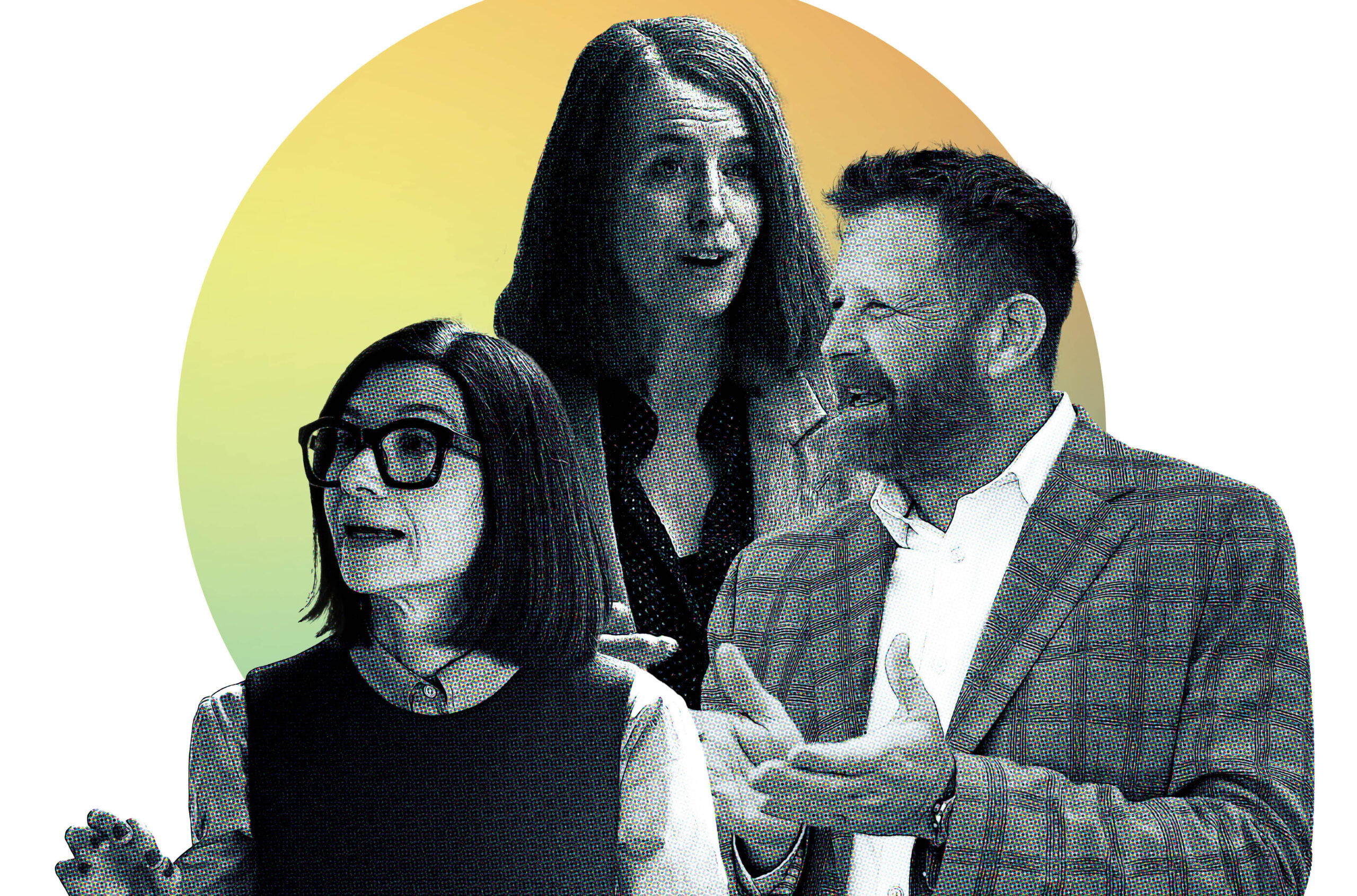
Post a comment
University Affairs moderates all comments according to the following guidelines. If approved, comments generally appear within one business day. We may republish particularly insightful remarks in our print edition or elsewhere.